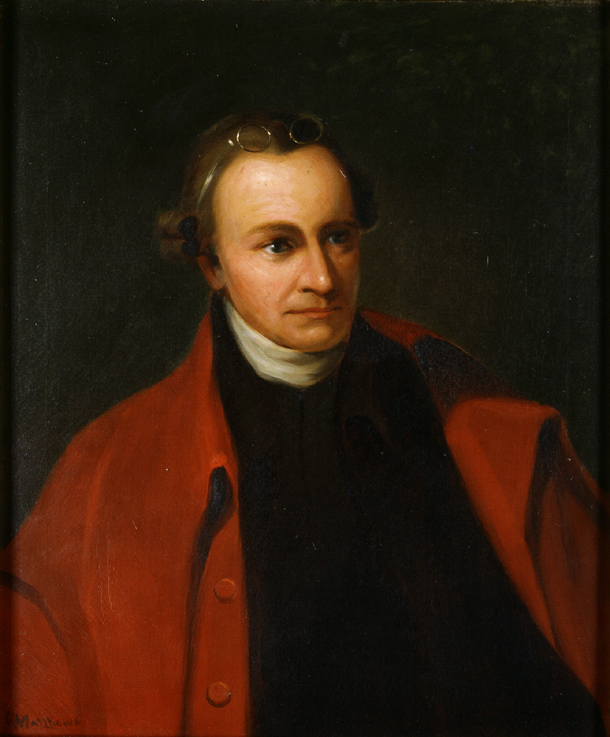 At the Virginia Convention that met to decide whether to ratify the proposed Constitution, Patrick Henry argued that the Constitution would permit the federal government to abolish slavery by placing a prohibitive “direct” tax on slaves:
At the Virginia Convention that met to decide whether to ratify the proposed Constitution, Patrick Henry argued that the Constitution would permit the federal government to abolish slavery by placing a prohibitive “direct” tax on slaves:Virginia’s leading Antifederalist, Patrick Henry, was especially concerned about the Constitution’s grant of the tax power. Virginia’s tax base may have been its “soul,” but Henry was also worried about a prohibitive slave tax that could “compel the Southern States to liberate their negroes.” It was “a picture so horrid, so wretched, so dreadful, that I need no longer dwell upon it,” but dwell on it he did. At one point, Henry apparently summarized the threat with an appalling clarity. He roared at the convention: “They’ll free your niggers!”
Robin Einhorn, American Taxation, American Slavery at 178-79.
What Henry did not understand was that the existence of the apportionment rule (the rule that direct taxes be apportioned among the states in accordance with their population, modified by the three-fifths rule) meant that direct taxes could not be used to destroy slavery. Take a simplistic example. Assume Congress seeks to wipe out slavery by enacting a punitive direct tax on slaves, designed to raise a total of $1MM. The apportioned shares of a northern state with 5,000 slaves, and a southern State with 200,000 slaves, are both $100,000. The tax on each slave in the northern State would be $20. The tax on each slave in the southern State would be $0.50.
Henry and others “had missed the real joker in the apportionment rule: higher rates where there were fewer of the taxed things (or people).” Id. at 182.






No comments:
Post a Comment